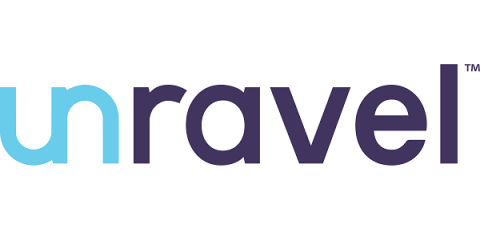Performance Testing Types, Steps, Best Practices, and More
Performance testing is a form of software testing that focuses on how a system running the system performs under a particular load. This type of test is not about finding software bugs or defects. Different performance testing types measures according to benchmarks and standards. Performance testing gives developers the diagnostic information they need to eliminate bottlenecks. In this article you will learn about.











